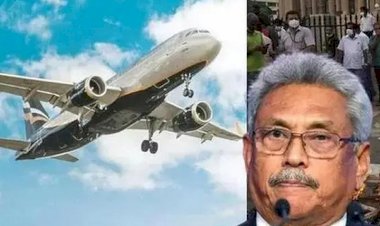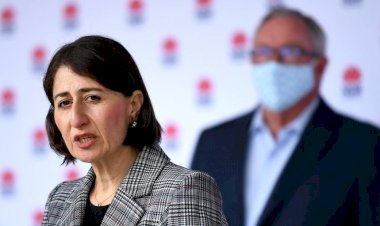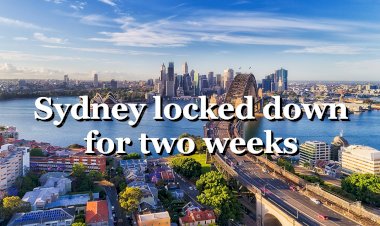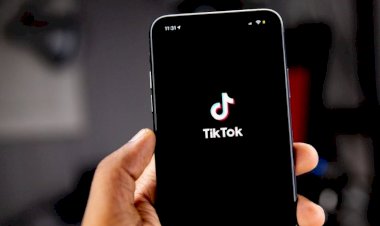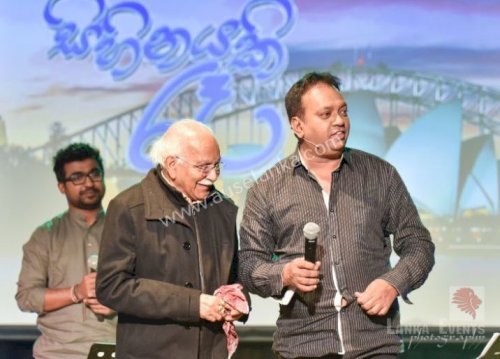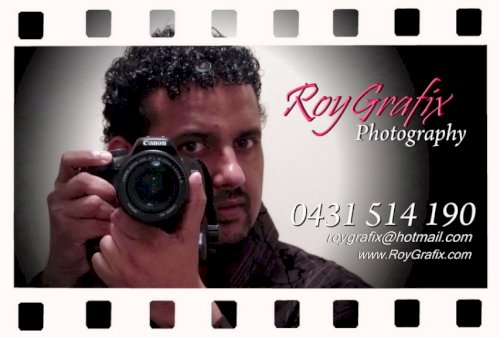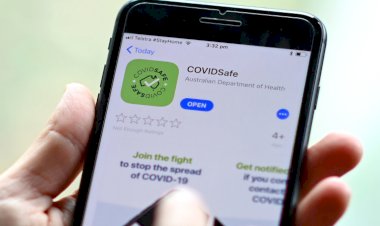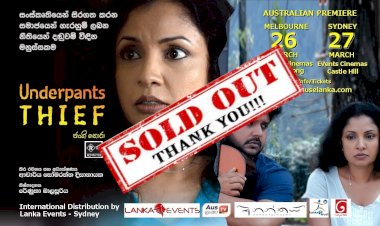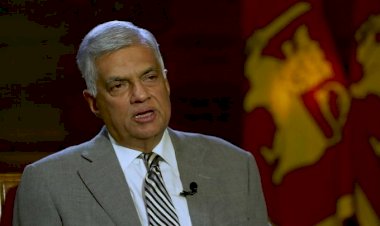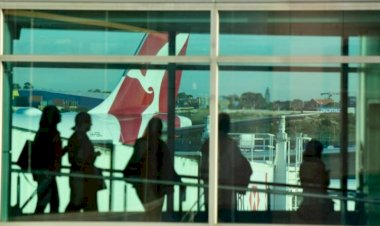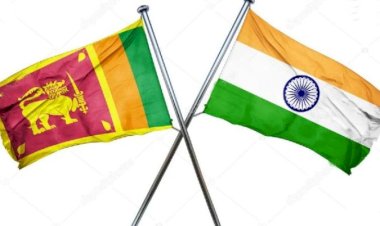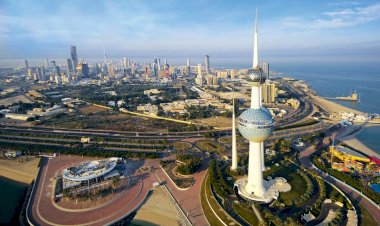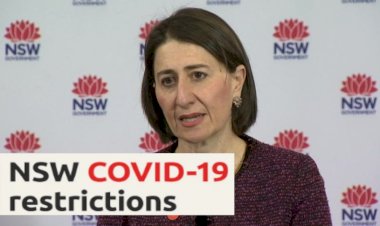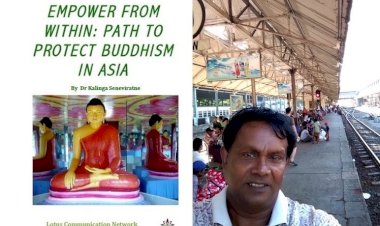All overseas arrivals to Australia face new restrictions to control Omicron
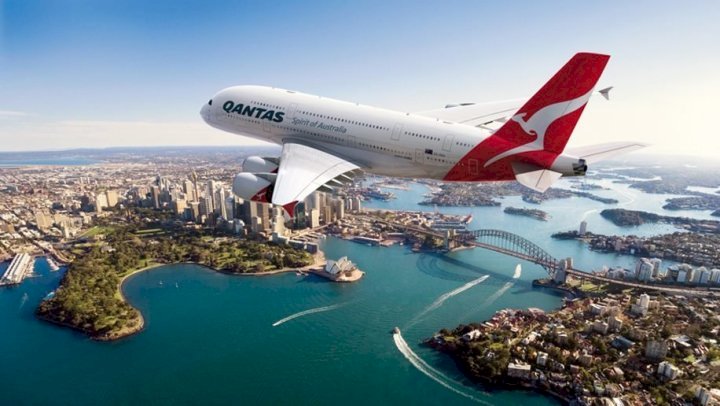
All overseas travellers arriving into New South Wales, Victoria and the ACT will have to self-isolate for 72 hours upon arrival as fears grow over Covid-19's new hyper-infectious Omicron variant.
On Saturday, Australia tightened its international border to travellers from nine African countries including South Africa, Lesotho, Botswana, Zimbabwe, Mozambique, Namibia, Eswatini, Malawi, where the new variant of concern has been found. Returned travellers from those countries must enter hotel quarantine for 14 days on arrival into Australia.
International arrivals into Victoria and NSW will now be required to self-isolate for at least 72 hours, regardless of vaccination status. The new quarantine restrictions came into effect at midnight on Saturday and require all international arrivals to New South Wales, Victoria and ACT including fully vaccinated passengers - to be tested when they land.
The introduction of self-isolation rules in the three states comes only four weeks after Victoria and NSW removed hotel quarantine requirements for fully-vaccinated travellers on November 1.
NSW Premier Dominic Perrottet said authorities around the world "are still investigating the risk posed by this new variant".
As a result, the NSW Government will continue to put community safety first by taking these precautionary but important steps until more information becomes available," Mr Perrottet said.
Minister for Health Brad Hazzard said no cases of the Omicron variant have been identified in NSW to date, but urged everyone to stay vigilant.
The changing of border rules comes amid fears the newly-named Omicron 'super-variant' is already in Australia via a repatriation flight from South Africa.
There are 20 returned travellers quarantining in the Northern Territory who were repatriated from South Africa last week - one of whom has tested positive to Covid.
Chief Medical Officer Paul Kelly said authorities were also in the process of tracking down about 100 Australians who recently arrived from the blacklisted countries and will now need to go into quarantine for two weeks.
The UK confirmed its first two official Omicron infections on Saturday, with Germany and the Czech Republic also reporting suspected cases.
Germany's initial sequencing suggests a traveler from South Africa was carrying the virus with several mutations shared by Omicron.
Officials are awaiting full sequencing later on Saturday local time.
Belgium has also revealed its first Omicron case - named by the World Health Organisation on Friday night - prompting EU chiefs to call for an 'emergency brake' on all travel from southern Africa after it was also found in Israel.




 mode1
mode1 






